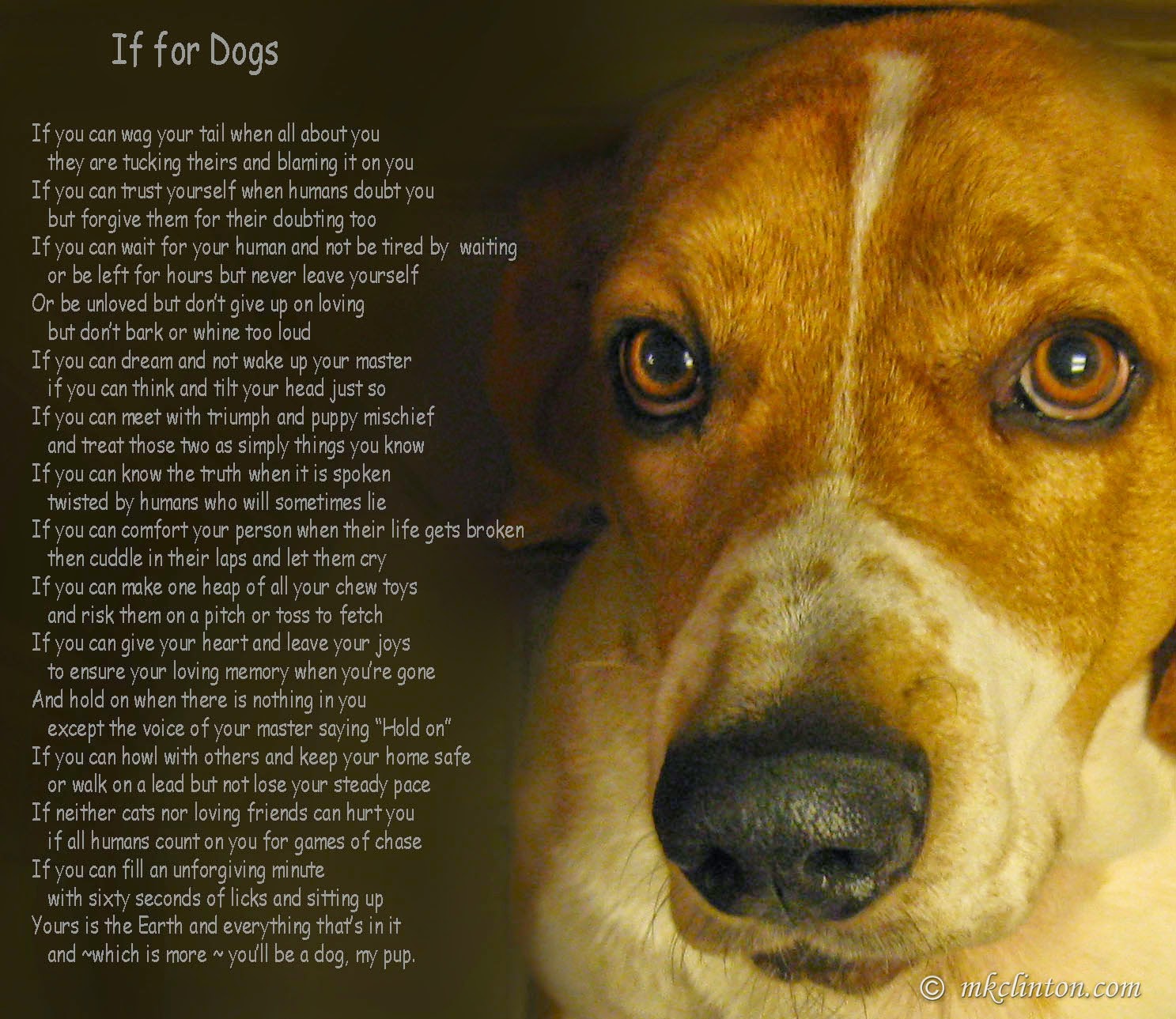

In 1882 Kipling returned to India, where he worked for Anglo-Indian newspapers.

Return to India and First Literary Success He learned to defend himself from bullies and settled into the life of a student. He was not awarded a scholarship for academic training. He was wearing spectacles, for Kipling was nearly blind without them and his undiagnosed vision problems were the source of much grief from his schoolteachers. In 1878 Kipling was admitted to United Services College, a military school in Westward Ho, Bideford. In 1877 Kipling’s mother returned to England and collected him from ‘The House of Desolation’ as he grimly refers to the Holloway’s later in his autobiography. During his five years in this foster home he was bullied and physically mistreated, and the experience left him with deep psychological scars and a sense of betrayal. While John and Alice Kipling left again for India after 6 months, Rudyard and his younger sister were left as boarders with the Holloway family in Southsea. His early years in India, until he reached the age of six, seem to have been rather idyllic, but in 1871 the Kipling family left India to return to England. Family ties from his mother’s side include the famous painters Sir Edward Burne-Jones (one of the most important of the Pre-Raphaelites) and Sir Edward Poynter, but also Stanley Baldwin, a future Prime Minister. Rudyard Kipling was born at Bombay, India, to John Lockwood Kipling, himself an artist and principal of the Jeejeebyhoy Art School, and Alice Kipling.

Rudyard Kipling, The Second Jungle Book (1895) Early Years “Now this is the Law of the Jungle-as old and as true as the sky Īnd the Wolf that shall keep it may prosper, but the Wolf that shall break it must die.” Kipling is best remembered for his tales and poems of British soldiers in India, and his tales for children. On December 30, 1865, English short-story writer, poet, and novelist Joseph Rudyard Kipling was born in Bombay, India. Rudyard Kipling (1865-1936) Portrait by John Collier


 0 kommentar(er)
0 kommentar(er)
